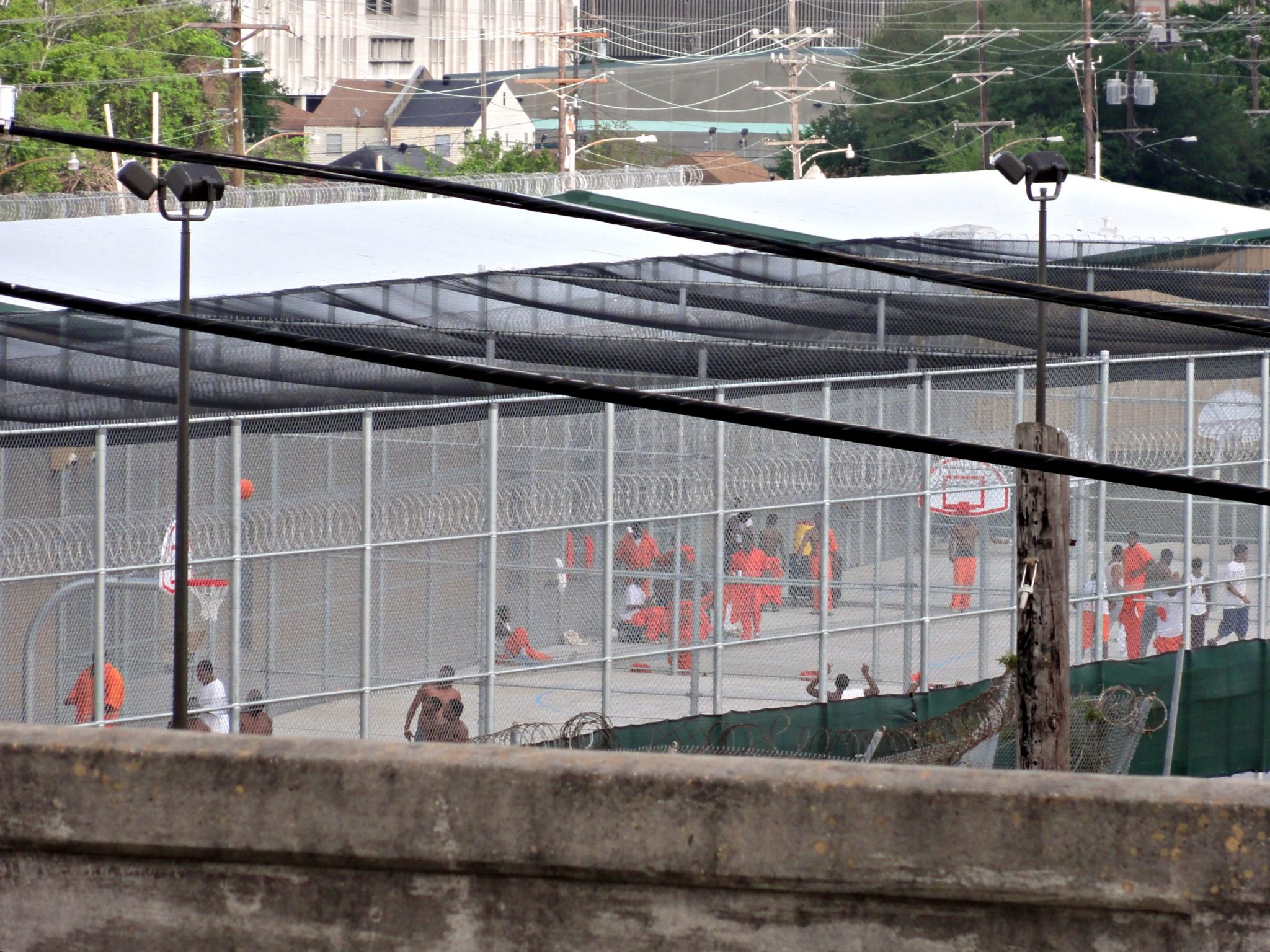New book explores the long afterlife of incarceration
Professor Reuben Miller says people who have been incarcerated need to feel made to belong when they return home.

Michigan has its fair share of laws on the books that prevent citizens returning to society after a conviction from rebuilding a normal life for. The punitive nature of our criminal justice system punishes even after a sentence is served. These legal hurdles often perpetuate more violence, shorten lives, and increase the recidivism rate, creating more costs for us all.
“The cliché is, you know, ‘I paid my debt to society’ — we never allow you to pay a debt. We never allow you to pay it. When you come home you’re severed from the labor market, you’re severed from civic participation, you’re severed from housing.” –Reuben Miller, author of “Halfway Home: Race, Punishment, and the Afterlife of Mass Incarceration”
Listen: The struggles of returning to a normal life after serving time in prison.
Guests
Professor Reuben Miller is the author of “Halfway Home: Race, Punishment, and the Afterlife of Mass Incarceration.” Miller says mass incarceration severs ties between the incarcerated and their families, friends, and communities. He adds that the “machine of mass incarceration” disproportionately affects Black and brown people, but impacts everyone more broadly.
“The cliché is, you know, ‘I paid my debt to society’ — we never allow you to pay a debt,” says Reuben Miller. “We never allow you to pay it. When you come home you’re severed from the labor market, you’re severed from civic participation, you’re severed from housing.”
Ronald Simpson-Bey is a former prison inmate and executive vice president of JustLeadershipUSA, an organization advocating for inmates and is trying to decarcerate America. Simpson-Bey says returning home after prison was “a mind-blowing prospect.”
“I felt like Fred Flintstone on the set of The Jetsons,” says Simpson-Bey. “The world had totally changed, and it had literally changed that drastically.”
Simpson-Bey says he is still trying to reconnect with family members who feel traumatized because he wasn’t around for almost three decades.
Trusted, accurate, up-to-date.
WDET strives to make our journalism accessible to everyone. As a public media institution, we maintain our journalistic integrity through independent support from readers like you. If you value WDET as your source of news, music and conversation, please make a gift today.

